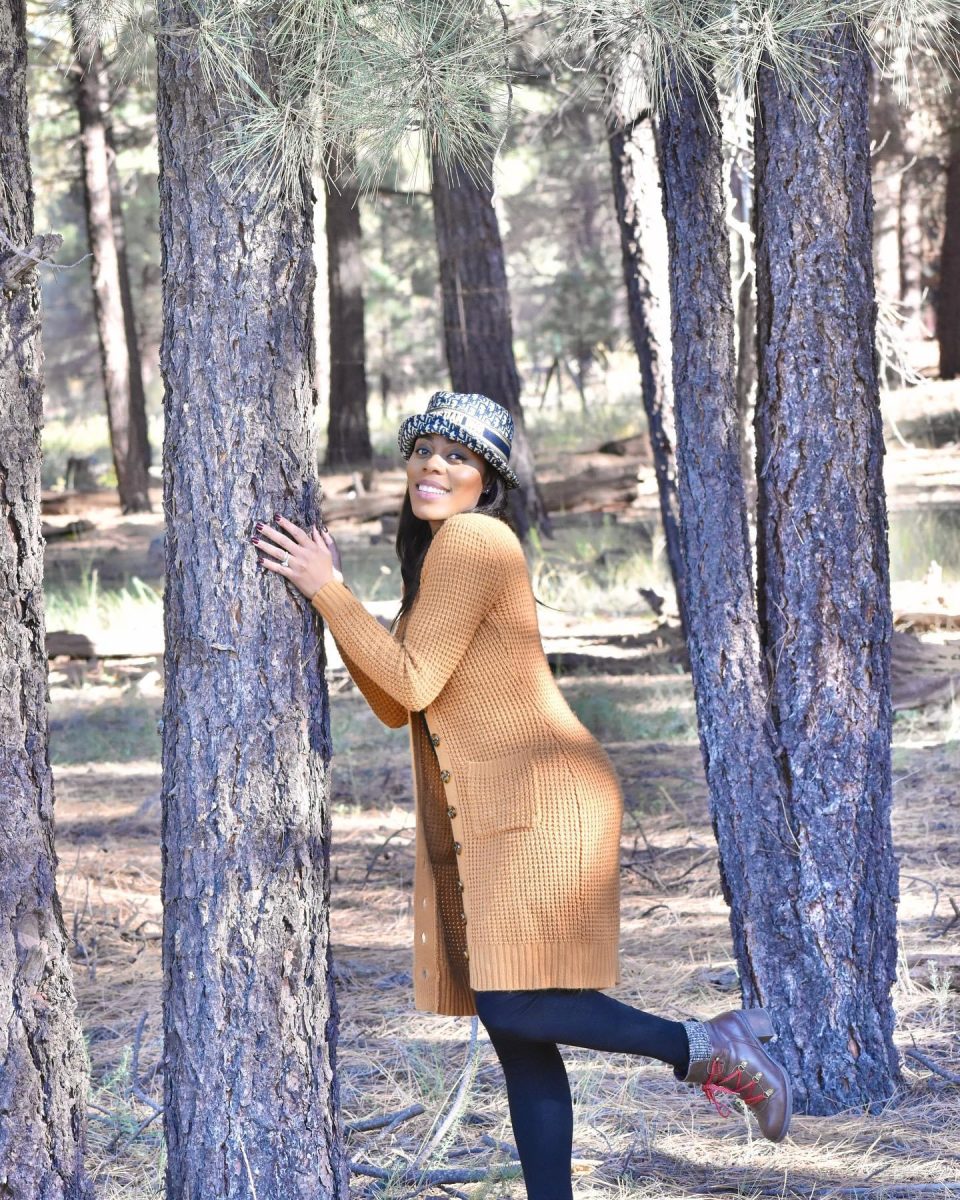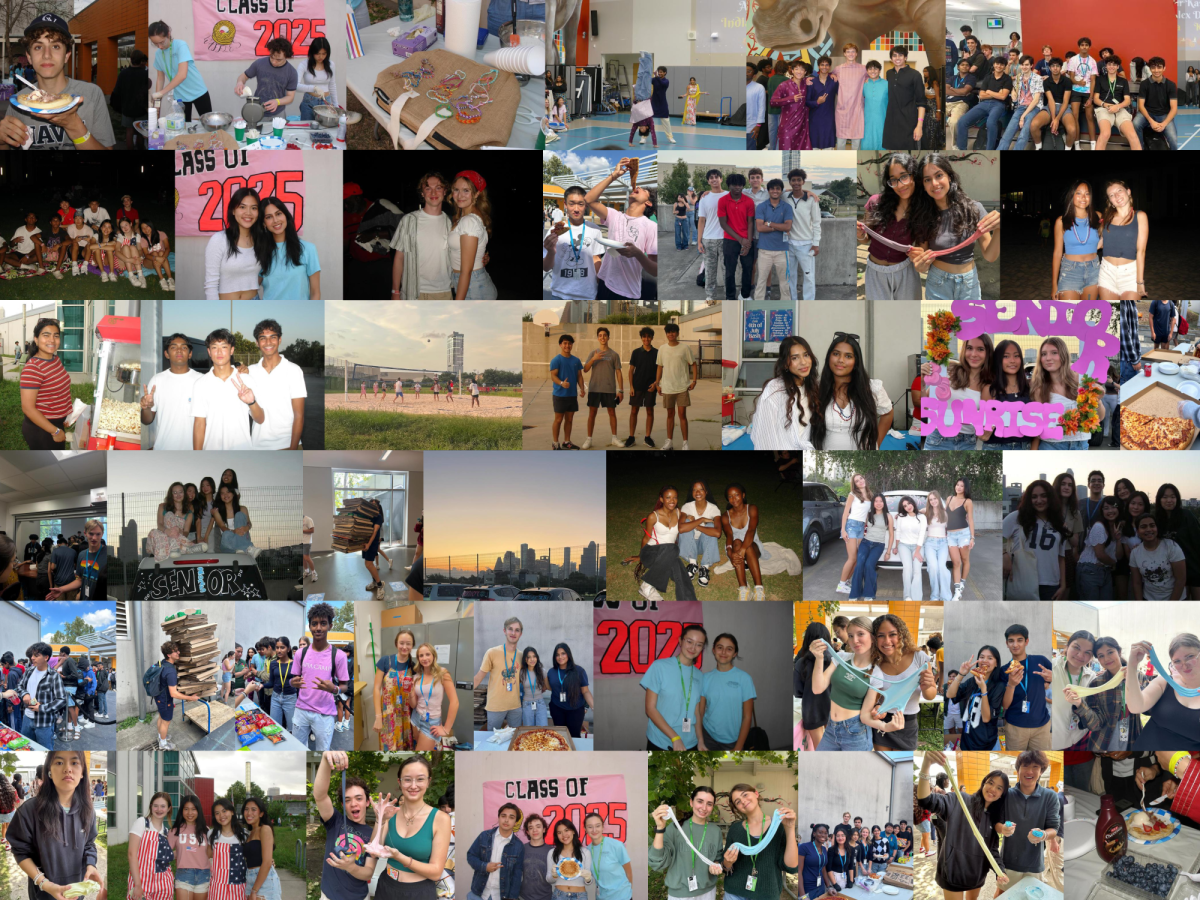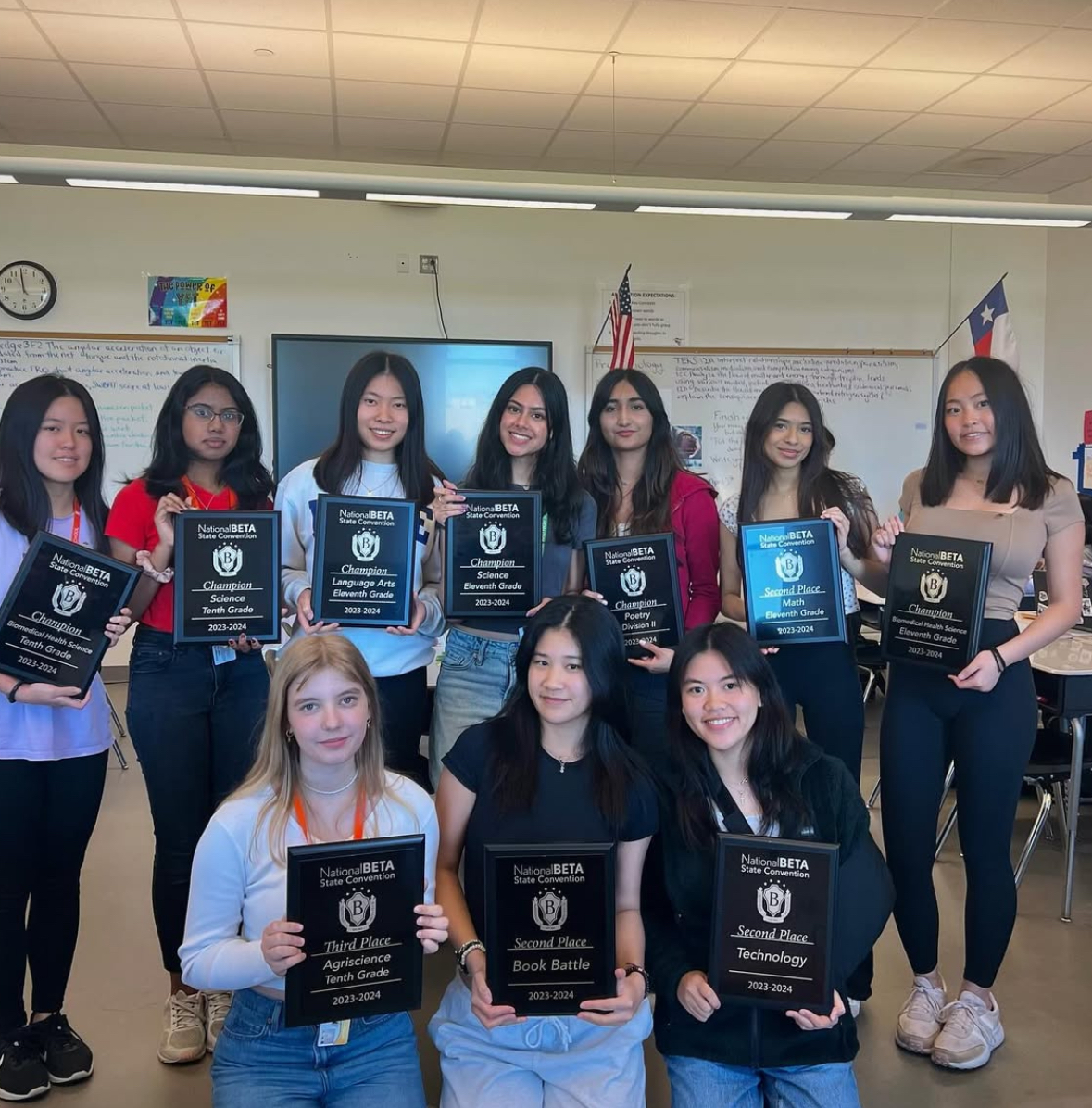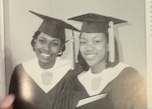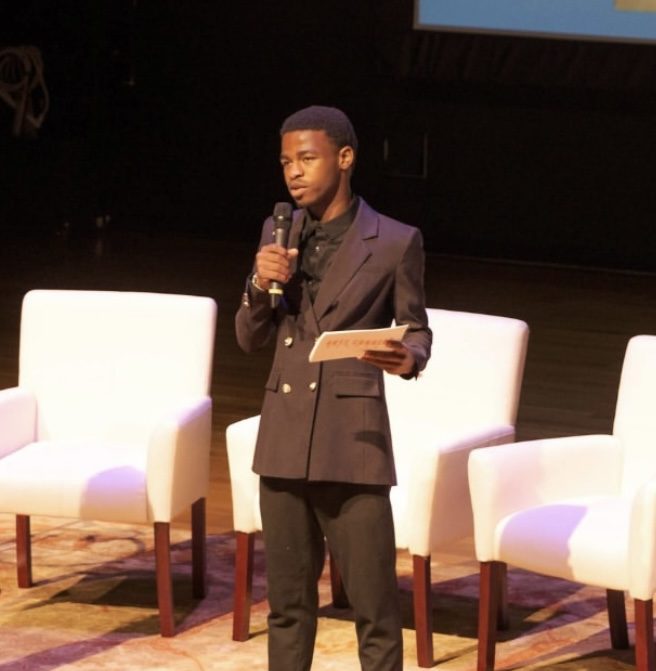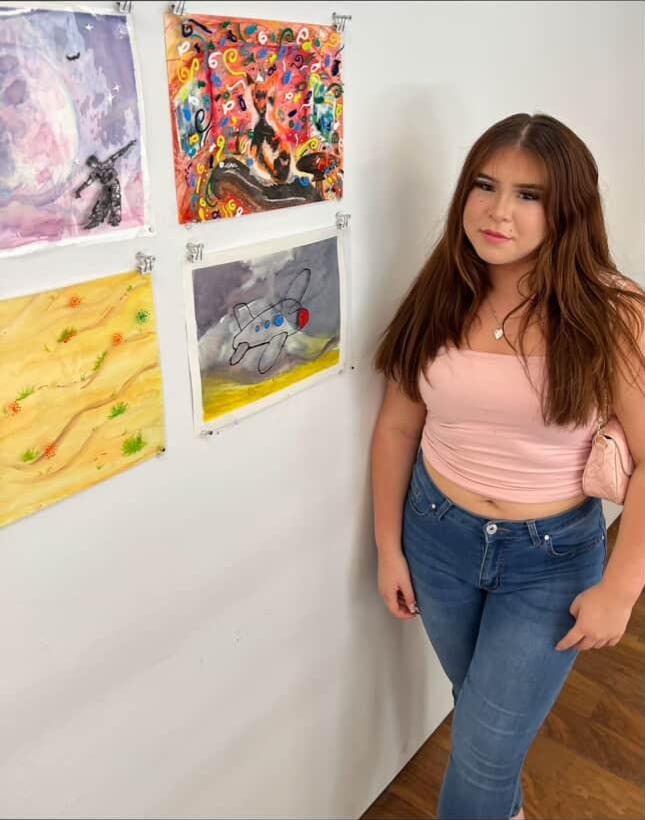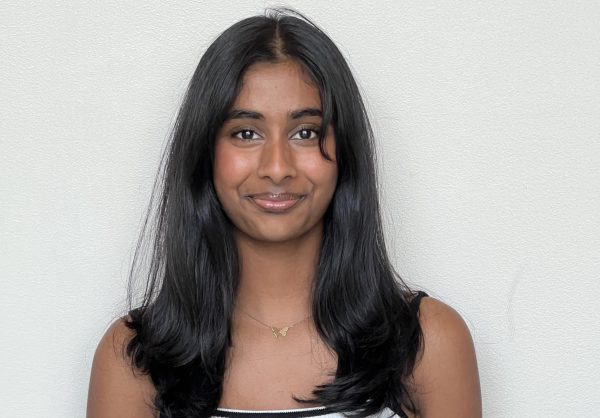Sitting in her mother’s small classroom at St. Mary’s College near Above Rocks, Jamaica, Shaneika Blythe would watch in awe as her mother taught. Blythe had always been surrounded by education and learning, from conversations at the dinner table about lectures and exams coming up to sitting in the back of the lecture hall listening to her mother talk about linguistics.
When asked what sparked her choice to teach, Blythe immediately jumped to discussing her experiences with her mother. “I’ve always been exposed to that kind of [environment] and education in general, [and] I think that’s where my love grew,” Blythe said.
She explains how her immediate connection to teaching caused her to love the art, but her love for the sciences stemmed from her high school years. When Blythe was in elementary school, she learned about the Jamaican scientist Paula Tennant, one of the first female scientists in Jamaica at the time. As a young girl and aspiring scientist, Blythe looked up to her. “She was, in one sense, one of the only female scientists,” Blythe said.
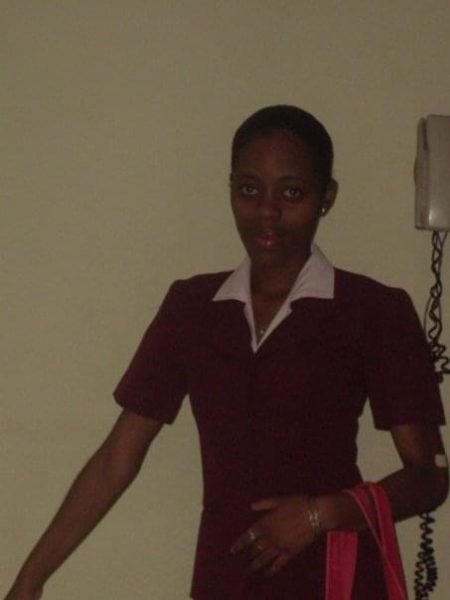
Having two female role models at such a young age inspired and encouraged Blythe to follow a path towards the sciences. “When I went to university, she was one of my professors, so she taught me virology, and that was so awesome, [having learned] about her as a young kid, and then actually meeting her,” Blythe continued.
As role models, not only Tennant but especially Blythe’s mother impacted her approach to teaching. Though her mother did not specialize in science, she has influenced Blythe’s love for education.
While discussing her mother’s influence on her passion for teaching, Blythe commented that although her mother’s “pedagogical approach to teaching” didn’t specifically impact the way she teaches, her interactions with her students and her deep commitment to education is what drives her.
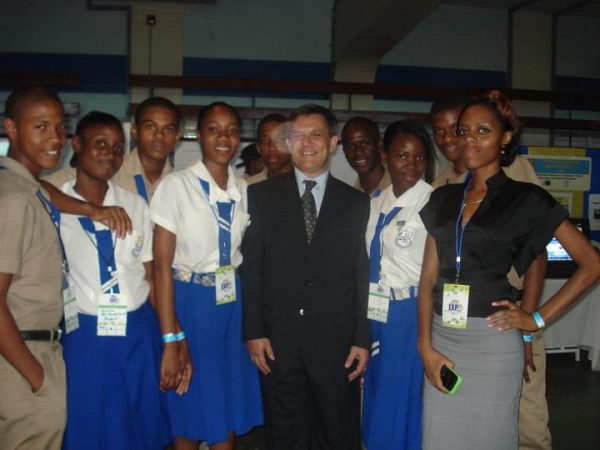
Blythe dedicates herself to nurturing a supportive and functional learning environment. Her lessons include peer reviews and activities to engage students, a teaching style she believes to be the most important aspect of a learning environment. Enriching young minds was just one of the many values that Blythe’s mother instilled in her. The influence that her mother, family, and culture as a whole have had on her is not limited to the classroom.
“I think the most impactful part of my culture would be the values we have as a people. Just having integrity, being hardworking people, the way we interact with people,” Blythe said. “Jamaican people are typically very friendly, nice, and honest.”
Born and raised in Manchester, Jamaica, Blythe feels that her cultural identity is a large part of who she is. The scent of pimento and the burn of Scotch bonnet peppers in her favorite oxtail stew dish transport her into a world of flavor and the Jamaican way of life. Both she and her husband are of Jamaican descent. Though she frequently traveled to the East Coast while growing up, she never lost her connection to her cultural identity, even now with her two kids. Her food plays a key role in immersing her in Jamaican culture.
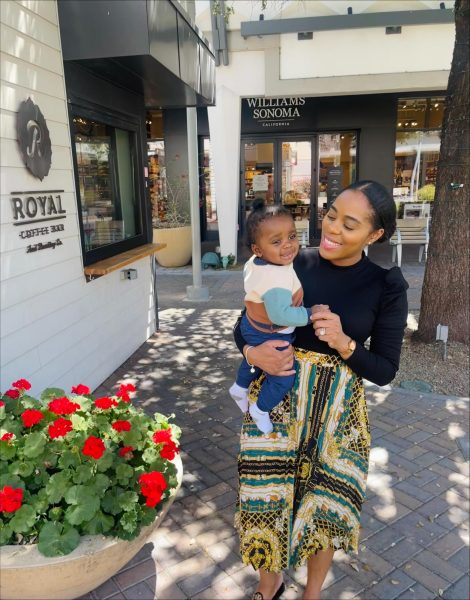
“It just comes very naturally, like when you’re at the grocery store and you’re shopping, you’re looking for stuff that is Jamaican or could [be] used to make a meal or dish,” Blythe said.
However, with this innate cultural identity comes recognition of a cultural difference when being in a different environment. “Students in Jamaica, they’re not perfect students, they’re not the smartest all the time, but they’re very respectful. And that’s one thing, regardless of what their grade is in Jamaica, the kids are very respectful to teachers,” Blythe said.
She saw a stark difference between the behavior of Jamaican children and the behavior of the children she had taught in Arizona, where she first worked after moving to the US. To Blythe, education seemed to be more serious and valued in Jamaica compared to some schools in the US, causing the most culture shock in Blythe during her journey. She favors an environment in which kids have already identified “hey, I’m going to college and I need this,” which is similar to the attitude of students in her hometown of Jamaica. Finding a school with academic rigor was her priority when making a decision to come to CVHS.
But Blythe has also faced some challenges throughout her journey. “Practices like extra credit, make-up work, and retakes weren’t a part of the system where I taught in Jamaica,” Blythe remarked when asked about the most significant difference she has had to face. She had to learn a new culture and way of learning that Americans have, which differs from Jamaica more than she had expected.
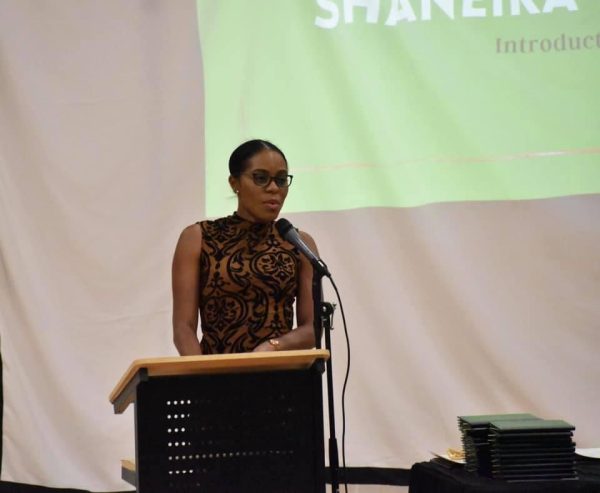
Despite the obstacles she faced, Blythe is glad her journey brought her to where she is now — teaching at CVHS.
“Over the years since I’ve taught, I’ve always had a really good relationship, a good bond with my students,” Blythe said.
Her passion for the counseling aspects of teaching stems from her natural inclination to guide others to reach their full potential. Specifically, Blythe finds joy in furthering student’s education, especially if it’s in the science or medical field.
“Probably the most rewarding part about teaching is encouraging young people, enriching young minds and seeing what they actually do with the knowledge, and [then] seeing how far they go and how much they can achieve through education,” Blythe remarked.


